Uncountable
Uncountable
A Philosophical History of Number and Humanity from Antiquity to the Present
David Nirenberg
AND
Ricardo L. Nirenberg
The University of Chicago Press Chicago and London
The University of Chicago Press, Chicago 60637
The University of Chicago Press, Ltd., London
2021 by David Nirenberg and Ricardo Lida Nirenberg
All rights reserved. No part of this book may be used or reproduced in any manner whatsoever without written permission, except in the case of brief quotations in critical articles and reviews. For more information, contact the University of Chicago Press, 1427 East 60th Street, Chicago, IL 60637.
Published 2021
Printed in the United States of America
30 29 28 27 26 25 24 23 22 21 1 2 3 4 5
ISBN-13: 978-0-226-64698-5 (cloth)
ISBN-13: 978-0-226-64703-6 (e-book)
DOI: https://doi.org/10.7208/chicago/9780226647036.001.0001
The University of Chicago Press gratefully acknowledges the generous support of the Divinity School and the Division of Social Sciences at the University of Chicago toward the publication of this book.
Library of Congress Cataloging-in-Publication Data
Names: Nirenberg, David, 1964 author. | Nirenberg, Ricardo L., author.
Title: Uncountable : a philosophical history of number and humanity from antiquity to the present /
David Nirenberg and Ricardo L. Nirenberg.
Description: Chicago : University of Chicago Press, 2021. | Includes bibliographical references and index.
Identifiers: LCCN 2021007568 | ISBN 9780226646985 (cloth) | ISBN 9780226647036 (ebook)
Subjects: LCSH: MathematicsHistory. | MathematicsSocial aspects. | MathematicsMoral and ethical aspects.
Classification: LCC QA21 .N574 2021 | DDC 510dc23
LC record available at https://lccn.loc.gov/2021007568
 This paper meets the requirements of ANSI / NISO Z39.48-1992 (Permanence of Paper).
This paper meets the requirements of ANSI / NISO Z39.48-1992 (Permanence of Paper).
For Isabel, and for Sofa
All chance, all love, all logic, you and I,
Exist by grace of the Absurd,
And without conscious artifice we die.
W. H. Auden, In Sickness and in Health
Contents
Playing with Pebbles
The ancient problem of the one and the many. I suspect that in but few of you has this problem occasioned sleepless nights.... I myself have come, by long brooding over it, to consider it the most central of all philosophic problems, central because so pregnant.
William James
A remarkable attribute of the species biologists call Homo sapiens is that its members have so often asked themselves about the nature of their own sapientia: the knowledge or wisdom for which they are named. Equally remarkable is the fact that in answering these questions, humans have been so willing to tear themselves apart. Over and over they have divided their cognitive capacities into good ones and bad. They have even imagined that some ways of thinking make humans eternal and godlike, while others lead to mortality, deceit, damnation, even the destruction of the world.
Often enough over these past three thousand years, we humans have pursued these divisions to the death, clashing over differences of opinion about what we should know and how we should know it. We are not talking here only of the many clashes between different religions and cultures of knowledge in the distant past. Even the two world wars of the twentieth century were understood by many who lived through them as the consequence of bad choices about what kinds of knowledge to pursue. World War I, for example, was explained by leading European and American intellectuals as the result of mathematics gone bad, an inhuman fusion of arithmetic and geometry that destroyed Western civilization. (Please contain your mockery until you have read .) Plenty of ideologues found it easy enough to cast the Cold War as a struggle between two different theories of knowledge, Marxism and liberalism, determinism and freedom. Perhaps future generations will come to see the current arguments about the human impact on climate change as yet another chapter in this long history of humanitys division over the nature of knowledge.
Today, mathematical forms of knowledgecomputation, artificial intelligence, and machine learning, for exampletouch many more aspects of the world than they did in the first half of the twentieth century, or, indeed, in any previous period of this planets history. Divisions between types of knowledge, such as those between the humanities and the sciencesthe two cultures, as C. P. Snow dubbed them in 1959are if anything deeper than they have ever been. Yet unlike our predecessors from a century ago, few people todayexcept perhaps panicked humanities professors who feel their habitat melting away beneath their feetwould consider these divisions deeply threatening. Even fewer would claim that understanding them is in some way essential to humanity.
We are not writing an Apocalypse. Ours is an attempt to understand these millennial divisions so that we might better live with them. How has humanity pitted its various powers of thought so fiercely against itself? And why have the truth claims of numerical relations emerged so powerful from this conflict? Achieving this understanding is a historical task, and the first half of this book (.)
Learning to live humanely with these divisions is the goal of the second half of this book (). These divisions and conflicts of our faculties and our knowledge are not necessary ones. The fragments of our humanity can be brought together in different ways, even in ways that might be truer to basic aspects of the questions we want to ask and the objects we want to know, truer even to our own human being.
This book is therefore not only a history. It is also a philosophical and poetic exhortation for humanity to take responsibility for that history, for the knowledge it has produced, and for the many aspects of the world and of humanity that it ignores or endangers. We seek to convince you that how we humans think about our knowledge has deep consequences for how we live our lives and that we need to become more conscious of the first if we wish to change the second.
But before we can do any of that, we need to be moved by the stakes of the problem. For that, we turn not to history, philosophy, or psychology but to a story.
Blue Tigers
Alexander Craigie is the narrator in one of Jorge Luis Borgess last short stories, Tigres azules (Blue Tigers, published in 1983). Craigie is a Scotsman making a professorial living teaching occidental logic in the British colonial city of Lahore (in todays Pakistan) circa 1900. A philosopher and a servant of reason, he is also quite interested in tigers and has been dreaming about them since early childhood. Toward the end of 1904 he reads somewhere the surprising news that a blue variant of the animal has been sighted in the subcontinent. He dismisses the report as impossible. But rumor of their existence continues, and eventually even the tigers in his dreams turn blue. So he sets off to find them.
After some time he arrives at a Hindu village mentioned in some of the reports. When he tells the villagers what he is looking for, their reaction is furtive but helpful. Frequently they come to tell him of a sighting, leading him hurriedly in directions where the beast is said to have just been spotted. Never is it to be found. When after some time he proposes to them that they explore in a direction they seem to have been avoiding, he is met with consternation. That area is sacred, forbidden to man, guarded by magic. Any mortal who walks there might go mad or blind from the sight of divinity. So our narrator sneaks off in the night on the forbidden path.

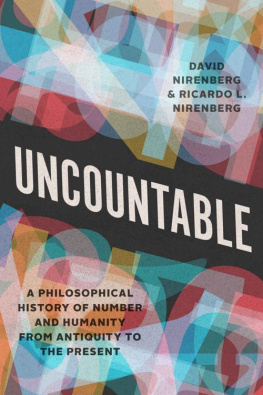
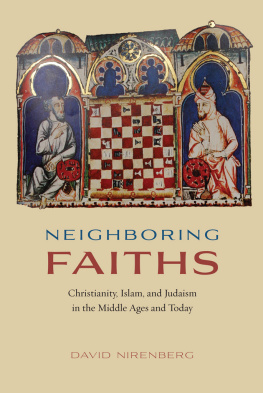

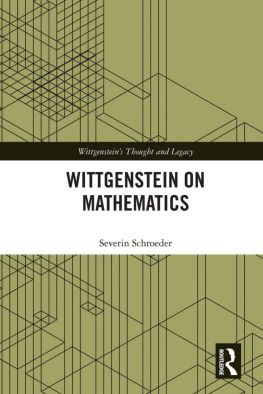
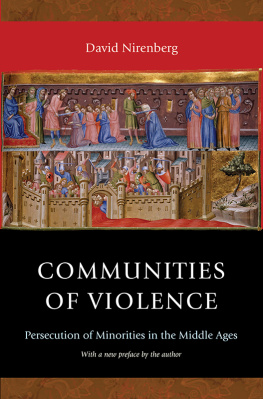
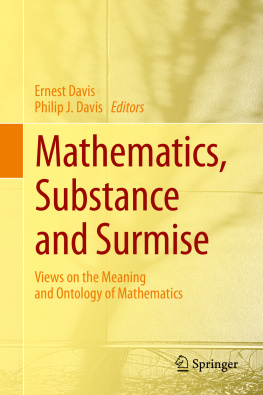
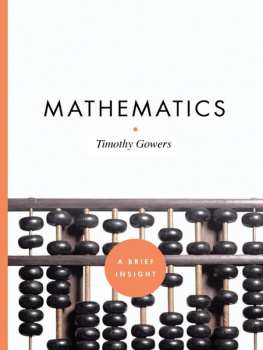
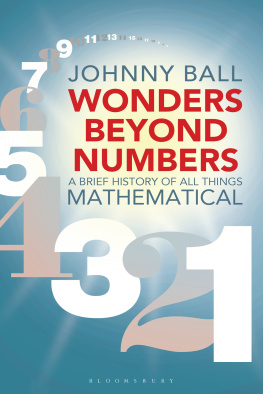
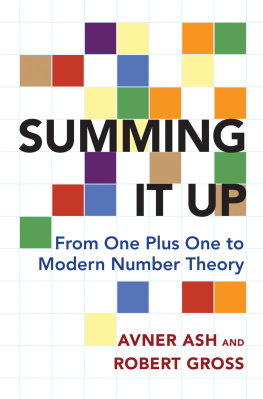
 This paper meets the requirements of ANSI / NISO Z39.48-1992 (Permanence of Paper).
This paper meets the requirements of ANSI / NISO Z39.48-1992 (Permanence of Paper).